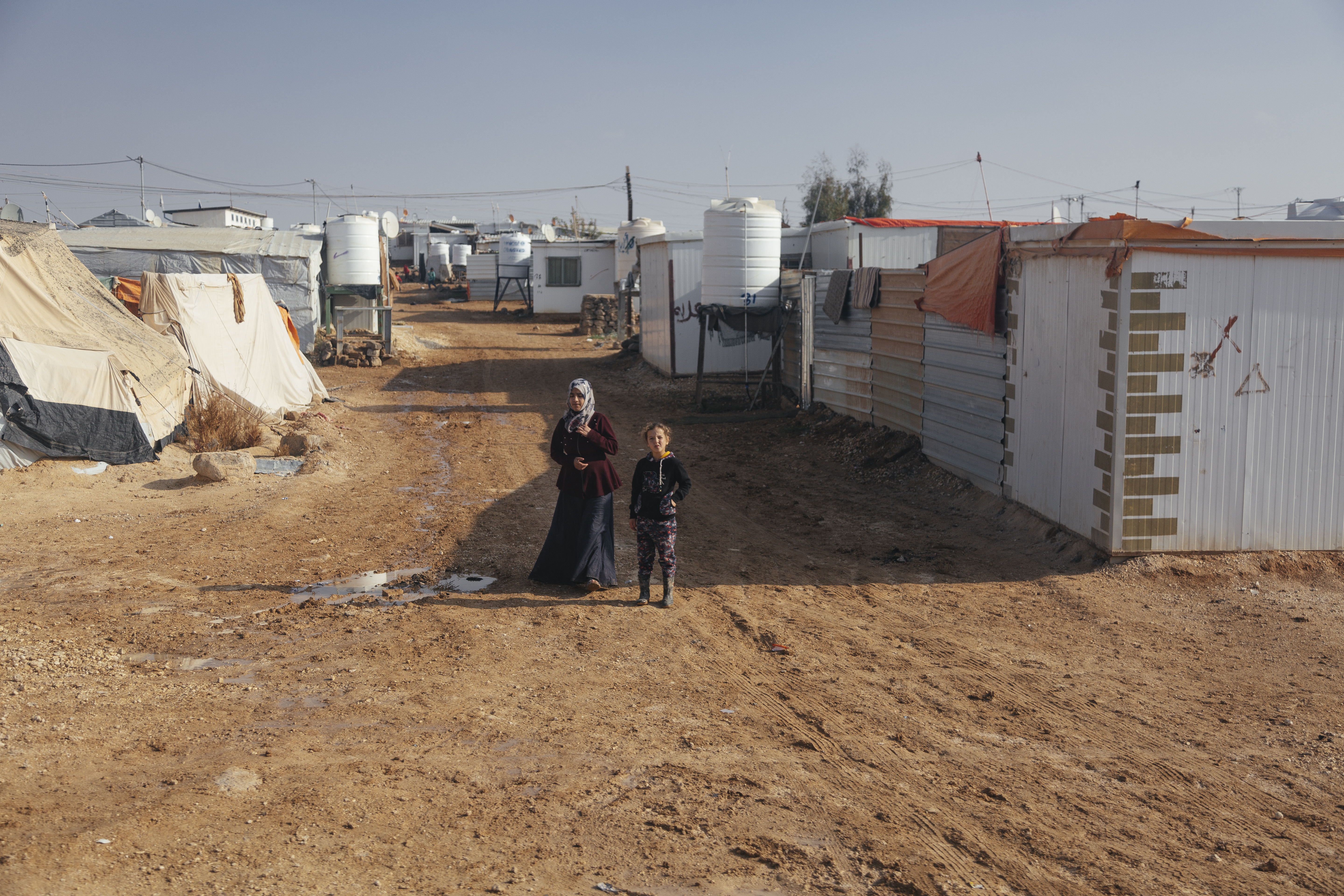Uniting
Research and Policy
Lluvia González
Pearson Fellow Alum
MPP'24
Lluvia González, MPP'24, is interested in behavioral economics, poverty, gender, state capacity building, organizational culture, policing, and crime.
Prior to joining Harris, Lluvia focused on policing research. She worked the last five years at Innovations for Poverty Action (IPA) as a Senior Research and Policy Associate within the project "Building Effective, Resilient and Trusted Police Organizations in Mexico." She collaborated on designing a procedural justice intervention for a randomized controlled trial and coordinated its field implementation with police officers in Mexico City. This intervention is now part of the initial training for police officers in the Mexico City Police Department. She also contributed to develop a comprehensive model of citizen security for Mexican local police departments, designed its evaluation programs, and coordinated the data collection in three municipalities in Mexico. Moreover, she participated in adapting the Ceasefire Operation intervention from Boston to the Mexican context (model currently implemented in Mexico City), worked on designing instruments (both quantitative and qualitative), and analyzed data to understand leadership and management perceptions among police chiefs. Finally, she co-authored the working paper: "From brave enforcer to trusted protector: role evolution and procedural justice training in Mexico City's police department" (Canales, Zarkin & González).
Before IPA, she worked designing, piloting, and writing case studies of policy interventions related to public transit, waste reduction, open government, citizen security, and public space. Furthermore, she worked for the Mexican government analyzing data from housing and urban development federal programs, as well as in private consulting as a behavior specialist for government and elections.
Lluvia holds a Bachelor's degree in psychology from the National Autonomous University of Mexico (UNAM) with a focus on experimental psychology, where she cultivated a research interest and curiosity in how behavioral understanding can be applied to solving some of the world’s most pressing socio-political challenges. For her thesis, she developed, implemented, and evaluated cognitive-behavioral interventions for cancer patients receiving chemotherapy to reduce anxiety.



